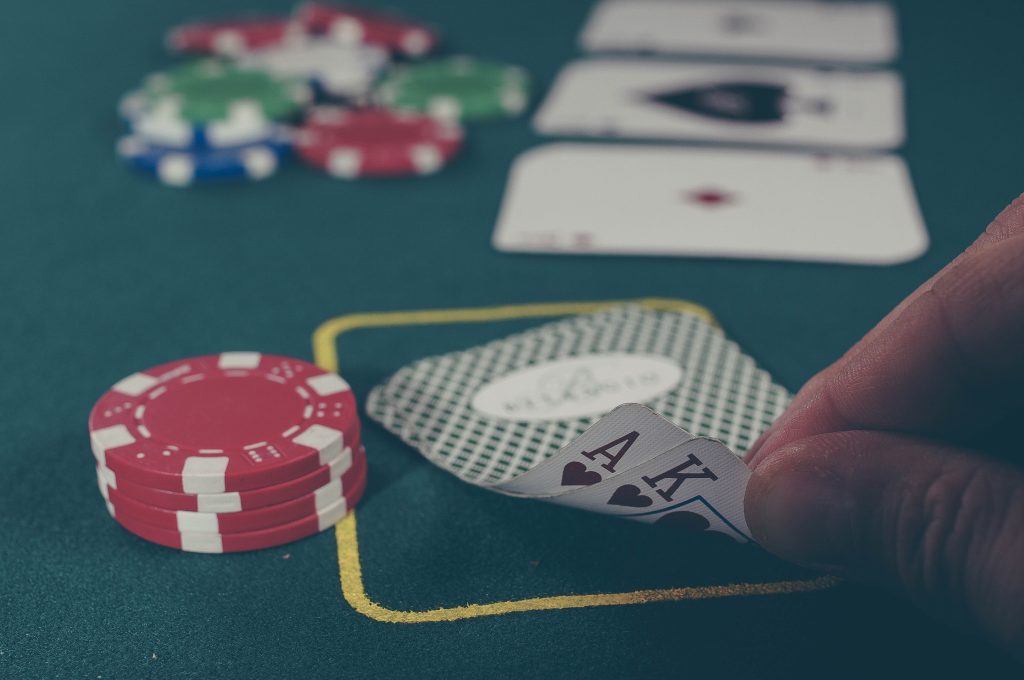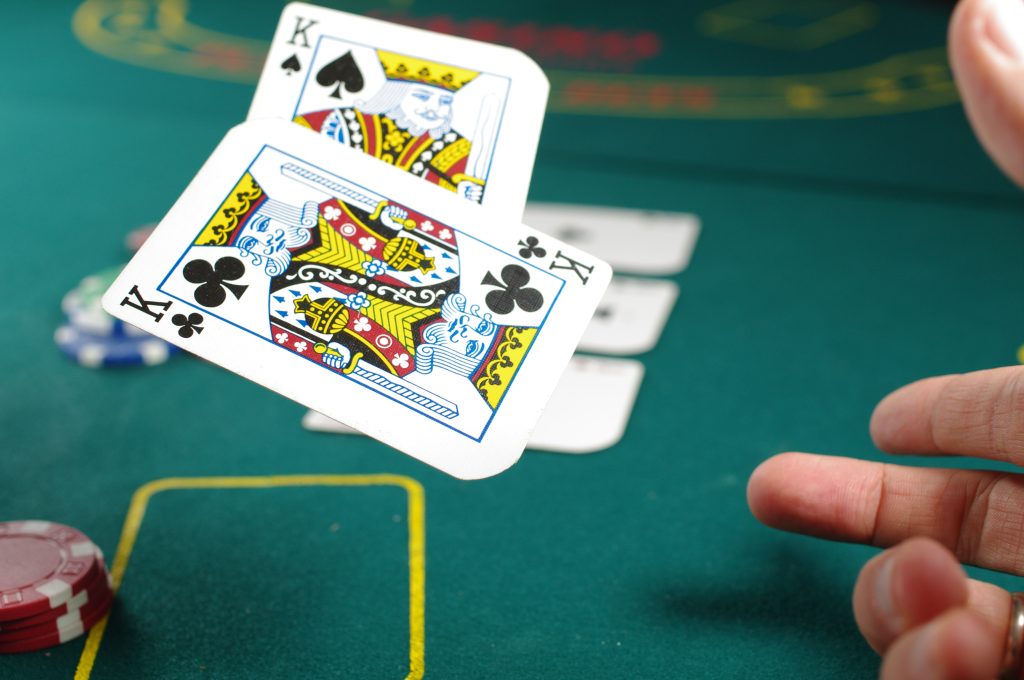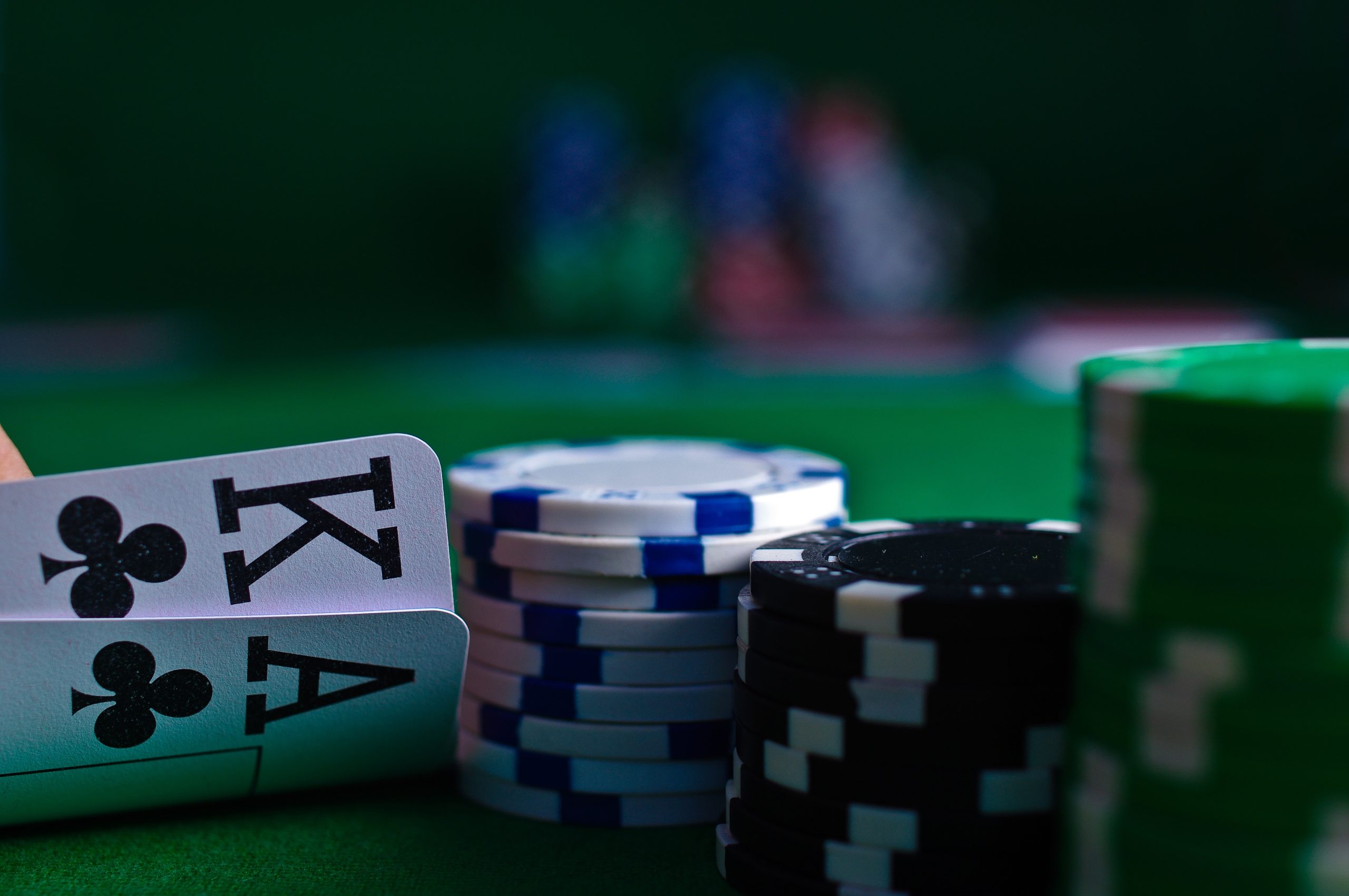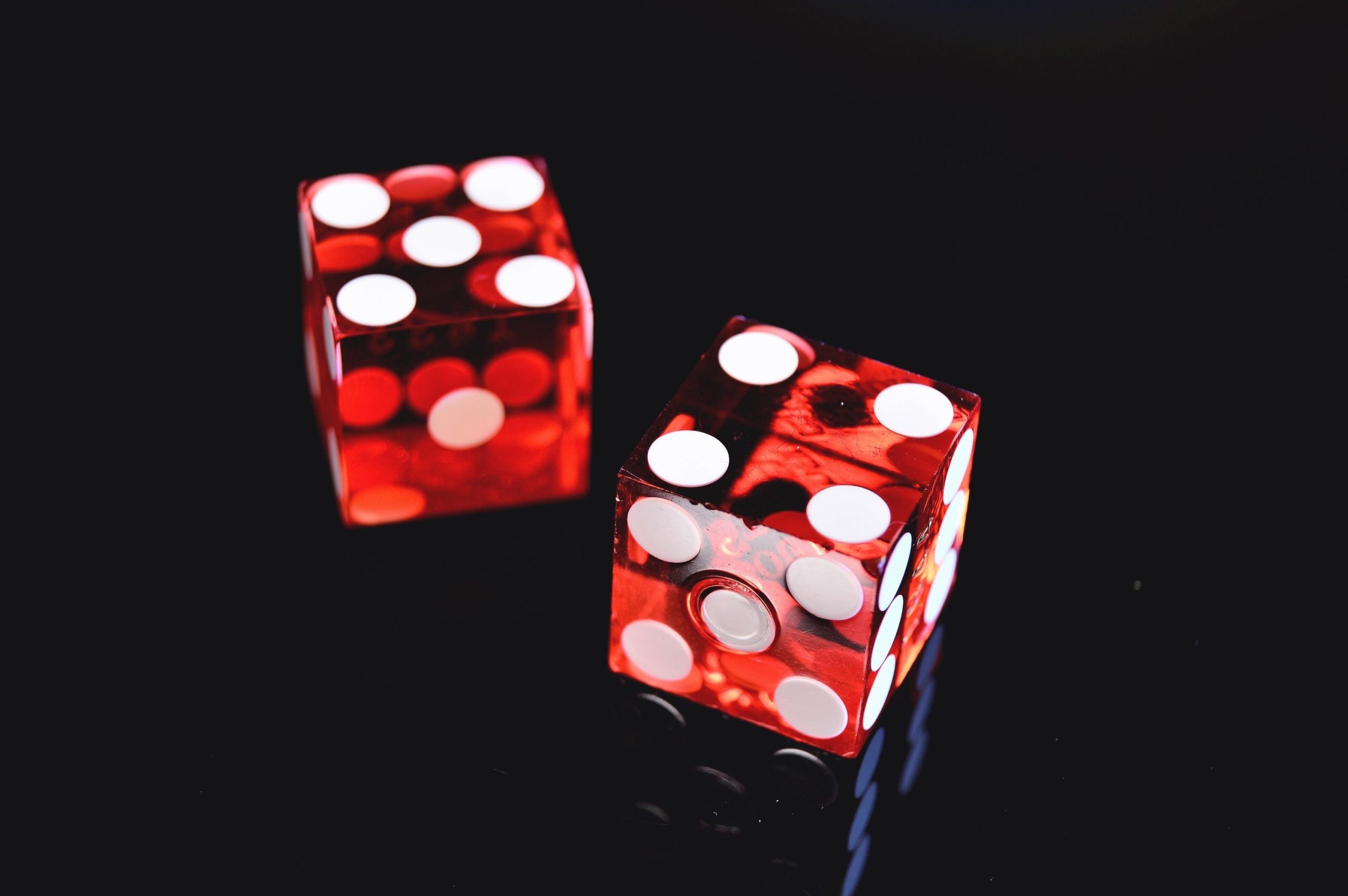Poker is a game that has steadily grown in popularity over the past few decades. If many people sometimes tend to equate poker with the games of chance that can be found in the casino, it is not so. While a certain amount of chance is undeniably inherent in poker, it is by no means the majority. Psychology and decision-making are the two greatest strengths that one must possess when playing poker. This is what separates the good players from the bad ones. In this article, we’re going to introduce you to some techniques that you can immediately implement to improve the way you play poker and boost your game, no matter what your base level is. These timeless techniques can be applied easily and under any circumstances. So, you can play poker online and use them without any worries. Without further ado, here they are:
Don’t try to predict EXACTLY what your opponent’s hand will be

One of the mistakes that novice players tend to make is trying to predict, exactly, the hand of other players. This is poker, not fortune telling! A good poker player thinks in probabilities. By imagining all of a player’s possibilities, it is much easier to make a thoughtful and qualitative choice. Thinking in this way will allow you to fine-tune your decision-making immediately.
Analyze your decisions, not the outcome
As we mentioned earlier, poker has an undeniable element of chance. Because of this, it’s important to remember that it’s impossible to win consistently, even if you make good decisions… And that’s something new players often forget. Inevitably, in some games, some very good decisions will lead to disastrous results. On the other hand, some very questionable decisions and strategies may, from time to time, lead to victory. Does this mean that these are good playing methods? Not! To be successful in the long run, a poker player must keep in mind that the quality of his or her decisions does not necessarily depend on the outcome.
Put your emotions aside
This is partly in line with the first two points, but it is important to develop this aspect. This is a major weakness of many players, both beginners and experienced. Poker is an emotional game. However, one of the biggest mistakes you can make is to let your emotions overtake your rational side. In poker, you need to think like an AI! A simple example: most players have a “favourite starting hand”. However, for some players, it may not be the best hand in terms of odds. For example, it may be a starting hand that has paid off in the past and is now considered “lucky”.However, when playing poker, emotions and superstitions must be put aside. Only statistics, probabilities and mathematics are important.
Learn to fold, even when you have a decent hand

One of the main differences between a poker player who is learning and a poker player who is experienced is the ability to fold when necessary. When you’re a beginner, curiosity often overrides everything else. Even if the initial hand is not exceptional, we like to think “what if those changes? Our brains are naturally curious and push us to go all in, to find out, to end the suspense and to find out what the other players’ hands are. However, in poker more than in any other sport, curiosity is a bad habit!
Constantly study your games after they are over
Finally, one of the common traits among all great poker players is their ability to sit back and analyze the decisions made during the game. Only by taking the time to reflect on all of this can you fine-tune your game, distinguishing between good and bad decisions.
Like an athlete watching his or her performance to see areas for improvement, the poker player is constantly looking for ways to improve. No matter how good a player is, there is always room for improvement, no matter how small!

